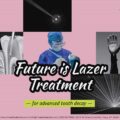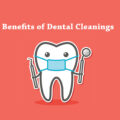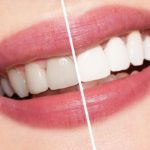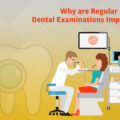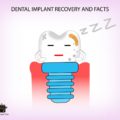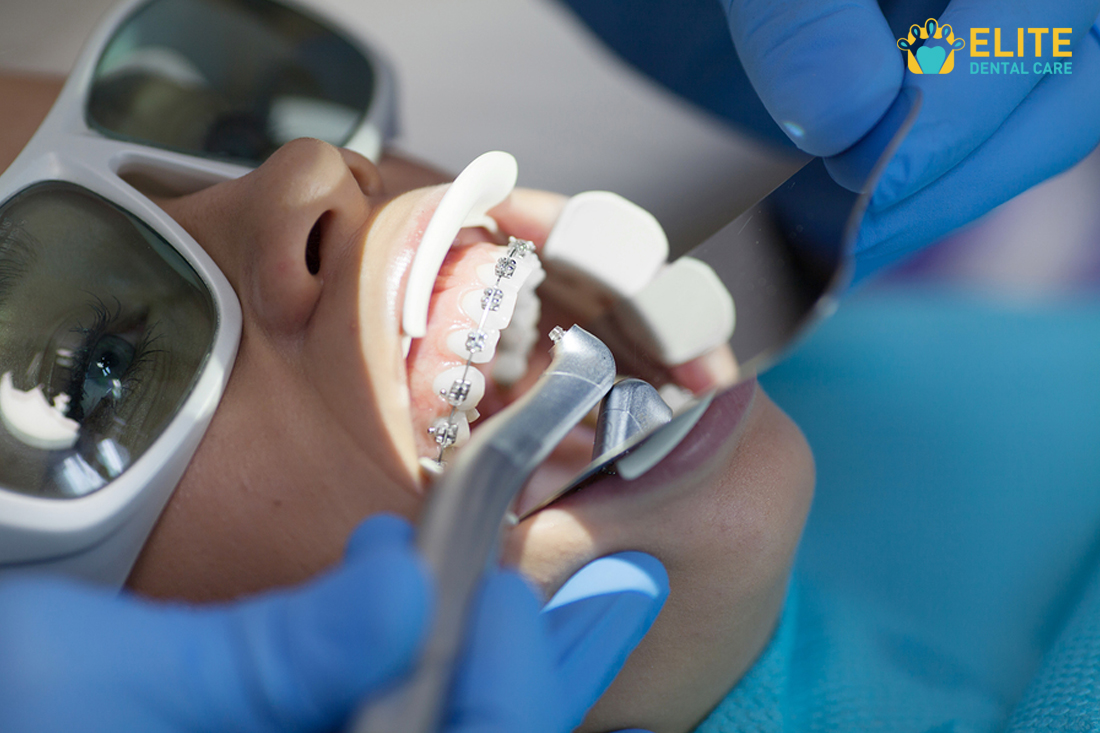
Uncategorized
edental
12 August 2019
Lasers in Dentistry Tracy CA | Dental Laser – Elite Dental Care Tracy
Lasers have been used in dentistry since 1994 to treat a number of dental problems. They are used in various disciplines in dentistry such as restorative dentistry, endodontics, periodontics, pedodontics, and oral and maxillofacial surgery. Laser dentistry is the use of lasers to treat a number of different dental conditions. LASER stands for “light amplification by the stimulated emission of radiation.” The instrument creates light energy in a very narrow and focused beam. This laser light produces a reaction when it hits tissue, allowing it to remove or shape the tissue.
The two main types of procedures used for laser dentistry are hard tissue and soft tissue procedures. Hard tissue refers to the teeth, and soft tissue refers to the gums.Water Laser dentistry relies on laser energy and water spray to help us perform different dental procedures on both the soft tissues, such as the gums, and the hard stuff like the teeth and bones. Dr. Raman Singh uses a hand piece with a direct concentrated beam of laser energy to the precise area of the tooth or gums that he’s treating. The laser touches the surface, a reaction occurs with the water molecules and it can painlessly cut through the enamel or gum tissue. While the laser is doing its thing, a continuous spray of water cools the area, so no heat is felt, which is why it doesn’t hurt.
Procedures performed using soft tissue dental lasers may not require stitches and certain procedures do not require anesthesia either. The procedure minimizes bleeding because the high-energy light beam aids in the clotting of exposed blood vessels, thus inhibiting blood loss. Bacterial infections are minimized because the high-energy beam sterilizes the area being worked on. While the damage to surrounding tissue is minimized, wounds also heal faster and tissues can regenerate.
The number of procedures that can be done using lasers are as follows:
● Cavity Detector: Low intensity soft tissue dental lasers may be used for the early detection of cavities by providing a reading of the by-products produced by tooth decay.
● Dental Fillings/Tooth Preparation: Hard tissue dental lasers may eliminate the need for a local anaesthetic injection and the traditional turbine dental drill. Lasers used in dental filling procedures are capable of killing bacteria located in a cavity, potentially leading to improved long term tooth restorations. However, dental lasers are not appropriate for the replacement of amalgam fillings, on lays or crowns.
● Tooth Sensitivity: Dental lasers may be used to seal tubules (located on the root of the tooth) that are responsible for hot and cold tooth sensitivity.
● Crown Lengthening: Dental lasers can reshape gum tissue (soft tissue laser) and bone (hard tissue laser) to expose healthier tooth structure. Referred to as crown lengthening, such reshaping provides a stronger foundation for the placement of restorations.
● Gummy Smile: Dental lasers can reshape gum tissue to expose healthy tooth structure and improve the appearance of a gummy smile.
● Muscle Attachment (Frenula): A laser frenectomy is an ideal treatment option for children who are tongue tied (restricted or tight frenulum) and babies unable to breast feed adequately due to limited tongue movement. A laser frenectomy may also help to eliminate speech impediments.
● Soft Tissue Folds (Epulis): Dental lasers may be used for the painless and suture-free removal of soft tissue folds often caused by ill-fitting dentures.
● Benign Tumors: Dental lasers may be used for the painless and suture-free removal of benign tumors from the gums, palate, sides of cheeks and lips.
● Cold Sores: Low intensity dental lasers reduce pain associated with cold sores and minimize healing time.
● The Waterlase Laser: It combines water, air, and laser energy for safe use on human tissue in the mouth. Our teeth are partially made up of water and when the laser makes contact with the tooth it excites the water molecules to cut through the tooth. Since the laser continuously sprays out water it keeps the tooth hydrated, preventing heat and giving you a virtually pain free experience!
Lasers represent an innovative and more precise technology for specific hard and soft tissue applications. If you choose Dr. Raman Singh as your dentist, you will eventually notice that you feel more comfortable and less anxiety during your treatments.
